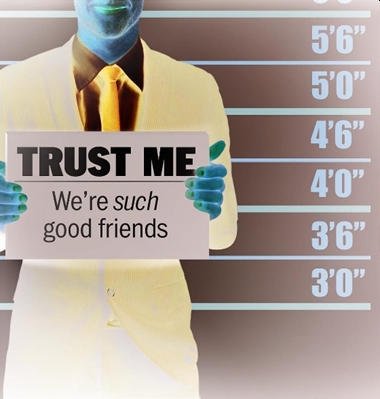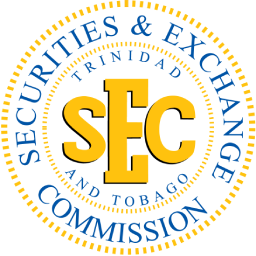Anyone can fall victim to financial fraud. Here are some scams to be wary of:
Internet Scams

Scam artists reach millions of victims via the internet. They lie to try and convince you to either send them money or your personal bank card or financial information. With the internet, fraudsters can operate anonymously from anywhere in the world, making them hard to catch. Once you’ve given your money to an online scam artist, it’s likely gone for good. Double check any information or suspicious emails you receive.
Boiler Room Scams
With this scam you can expect to receive a phone call from someone you don’t know, claiming to offer you the “chance of a lifetime” to make lots of money. Saying it’s a “sure thing” as long as you keep buying a certain stock. They attempt to persuade you to invest in shares that are either non-existent, or so worthless they are impossible to sell. The fraudsters may provide false share certificates and other documents to make the investments seem credible. Once the fraudsters have squeezed whatever money they can from investors, they quickly disappear.
Ponzi or Pyramid Schemes
With Ponzi Schemes the premise is simple: pay early investors with money raised from later investors. The only people sure to make money are the promoters who set the Ponzi in motion. In this scam high returns are promised to investors. Ponzi schemes are sometimes referred to as pyramid schemes, but this is inaccurate.
In pyramid schemes the promoter starts off like a Ponzi scheme but the difference is that the promoter encourages investors to bring in new investors thus, adding successively broader levels giving the scheme a triangular or pyramid shape. The promoter in this instance, relies on the next layer of victims to invest their monies, to support the previous layers of investors.
Inevitably new people stop joining and since it is the funds from the new persons that keep the pyramid steady, the pyramid eventually begins to totter and there is no more money to be paid out. You and countless others subsequently lose your investment.
Unlicensed Selling of Securities
Anyone selling securities without a valid securities license should be a red alert for investors.
Unregistered Investment Products
Scam artists bypass stringent registration requirements to pitch settlements, and other investment contracts with the promise of “limited or no risk” and high returns.
Promissory Notes

A promissory note is an unconditional promise in writing made by one person to another signed by the maker, agreeing to pay, on demand or at a fixed or determinable future time, a certain sum of money to, or to the order of, a specified person or to bearer.* Basically it is a signed document containing a written promise to pay a stated sum to a specified person or the bearer at a specified date or on demand. “Empty promises …. printed.”
Senior Investment Fraud
Seniors are particularly vulnerable to scam artists who pretend to be “nice” or attempt to develop a false bond of friendship. Scam artists prey on seniors who are polite to others and have difficulty saying “no” or feel indebted to someone who has provided unsolicited investment advice. These financial predators use tactics to instil seniors with the fear of running out of money and becoming a burden to their families. They prey upon the loneliness and isolation, and availability of some retired or widowed seniors. Seniors should carefully check the credentials of investment advisers or financial planners holding themselves out to be “senior specialists.”
Affinity Fraud
This scam often happens in social groups. Con artists are increasingly targeting religious, ethnic, cultural and professional groups. They quietly join a club, religious or community group. Once they gain the trust of the members in the group, they will try to convince them that their fraudulent investment is legitimate, and encourage them to participate. These con artists sell to a few prominent members of the community and then pitch the scam to the rest of the group by using the names of those previously sold. They will then eventually scam the group members, their friends and families, and just as quietly, disappear.
This scam often goes unreported – victims include: minority groups, religious groups, the elderly etc.

Rights and Responsibilities of an Investor
- You have a right to receive truthful information from an investment adviser
- You have a right to accurate information from a Reporting Issuer (A company that has issued shares to the public and is subject to continuous disclosure requirements by the TTSEC)
- You have a responsibility to ask questions and do your research on the investment adviser, the broker dealer and the investment product
- You have a responsibility to check with the TTSEC’s website – www.ttsec.org.tt for a list of registered companies, investment advisers and broker-dealers before conducting any investment transactions
- You have a right to choose where you wish to invest. Explore all your options
You are entitled to lodge a complaint with the TTSEC if you experience any problems
Before making any securities investment, all investors are urged to ask the following questions:

- Is the seller licensed and the investment registered?
- Has the seller provided you written information that fully explains the investment?
- Are claims made for the investment realistic?
- Does the investment meet your personal investment goals?
Don’t let this be you! Don’t be a victim of investment fraud.




